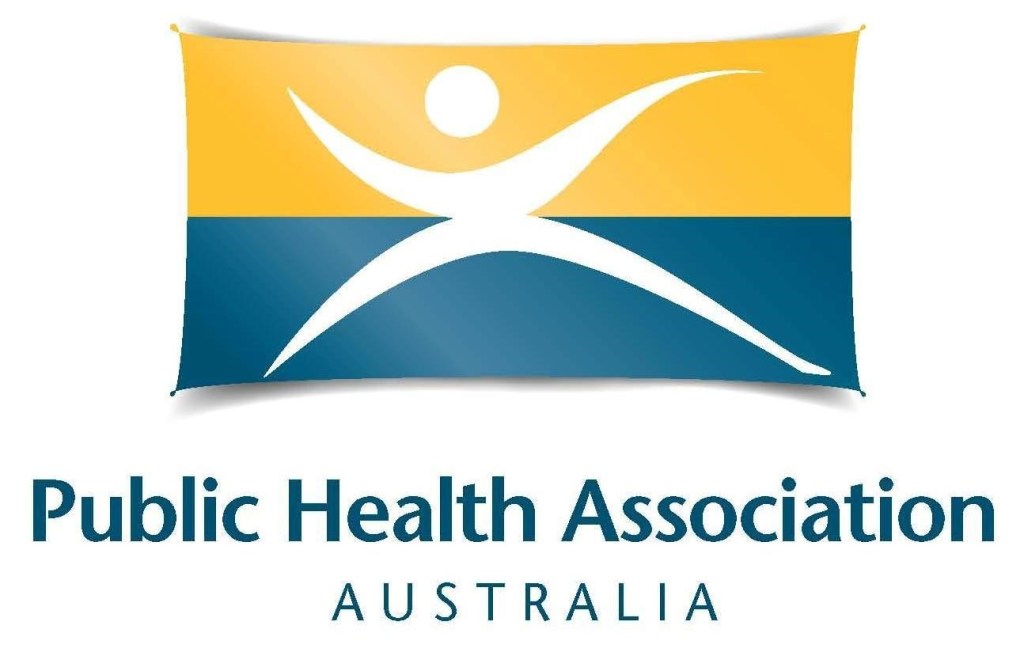Australian Public Health Conference 2020
Plenary 1 – Aboriginal and Torres Strait Islander Health
Facilitator – Summer May Finlay, Vice President Aboriginal and Torres Strait Islander, PHAA
The CEO of Indigenous Allied Health Australia, Donna Murray, spoke on the opening day of the conference about the importance of self-determination for Aboriginal and Torres Strait Islander communities.
Aboriginal Community Controlled Health Organisations (ACCHOs) have carefully controlled access to Indigenous communities during the COVID-19 pandemic, and as a result Aboriginal and Torres Strait Islanders have accounted for less than one percent of COVID cases across Australia (some are saying the total figures are closer to .5%).
‘I think there’s a lot we can all learn and a good evaluation of what worked during COVID is what’s required. First and foremost, there was quick action and collective vision and great leadership both nationally and within local communities,’ Ms Murray said.

Donna Murray
She expressed concern about an ongoing ‘negative public discourse’ in Australia in terms of Indigenous matters, demonstrated very clearly when politicians, media and others tried to blame Black Lives Matter protests for spreading the COVID virus in the community, which she said had been proven wasn’t the case.
Thomas Mayor, National Indigenous Officer and NT Branch Deputy Secretary with the Maritime Union of Australia, spoke of his experience having been at Uluru for the creation of the landmark Uluru Statement from the Heart which was released in May 2017.
‘This is the campaign of all campaigns,’ according to Mr Mayor. ‘It calls for a constitutionally enshrined voice in the rule book of the nation and we must have the courage to do it by passing a referendum. A mandate of the Australian people will be a very powerful thing.’
Mr Mayor had hoped the referendum would have been held in the term of the current government but he concedes this is now unable to happen. ‘We are now hoping it will be late in the term of the next government,’ he said.

Thomas Mayor
Mr Mayor described how Aboriginal and Torres Strait Islander voices had been destroyed by years of hostile governments in Australia. He also noted that Indigenous communities had been ‘terribly divided’ by poor policies such as the Native Title Act, and by the repeated exploitation of their land and natural environments. He stated that the protection of Indigenous voices through the Australian Constitution was essential for robust and informed public debates and consensus-building across all areas of public policy.
Donna Murray said from a public health perspective the Uluru Statement provided a space for action, ‘otherwise we will remain bogged down in the same arguments we’ve had for the past 50 to 100 years.’
‘We need to continue to strongly voice our need for a voice to parliament,’ Ms Murray said.
Ms Murray said considerable effort and energy was currently being committed to a review of the National Aboriginal and Torres Strait Islander Health Plan 2013-2023 to ensure all Aboriginal and Torres Strait Islander Peoples are healthy, strong and thriving.
The four pillars for success are: Effective health care delivery; strong engagement with communities; excellence in training and education; and a culturally safe and capable workforce.
Ms Murray’s presentation highlighted the importance of the cultural determinants of health, noting that Aboriginal and Torres Strait Islander health and equity will only improve significantly when their cultures are nurtured, embraced and respected by all Australians.
PHAA supports the Uluru Statement and is committed to Reconciliation. More can be read in its report: Committed to Reconciliation and to Aboriginal and Torres Strait Islander Australians’ health and wellbeing


Leave a Reply